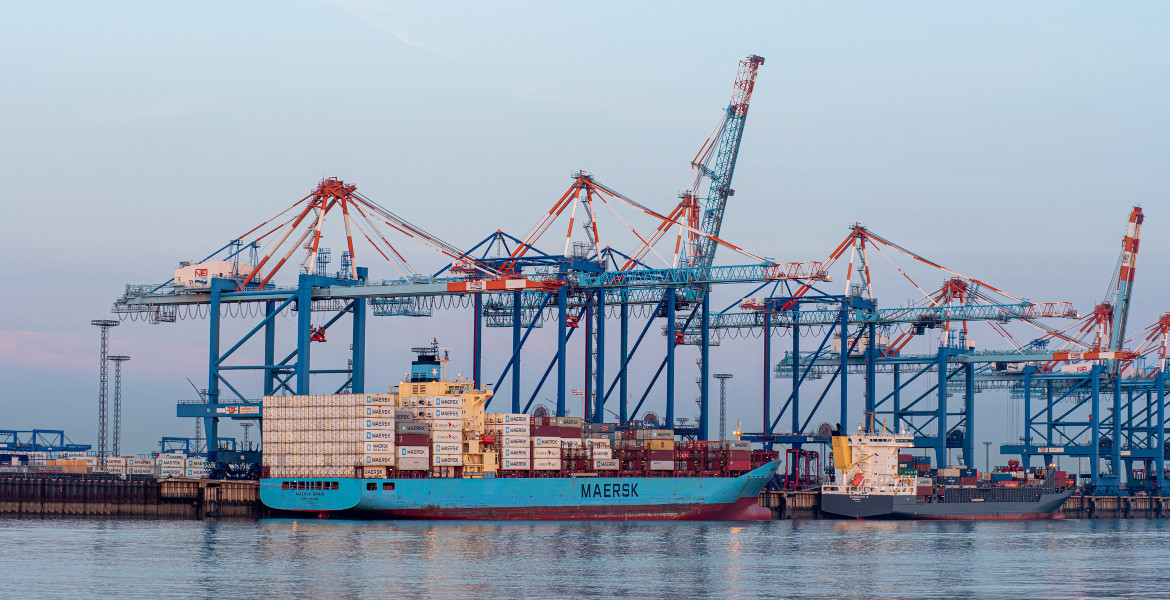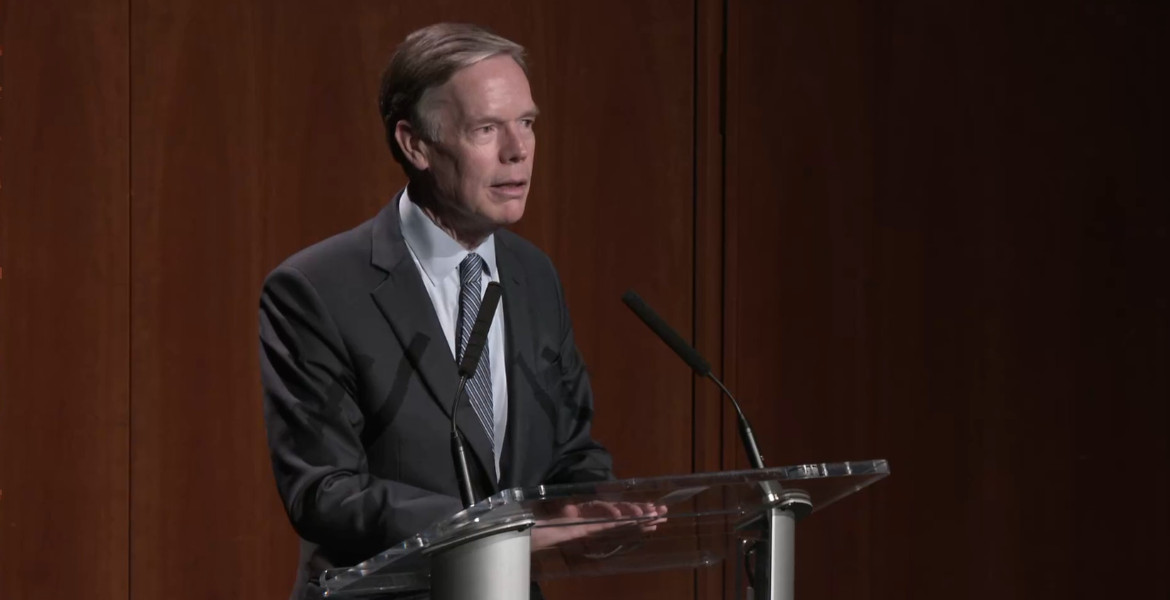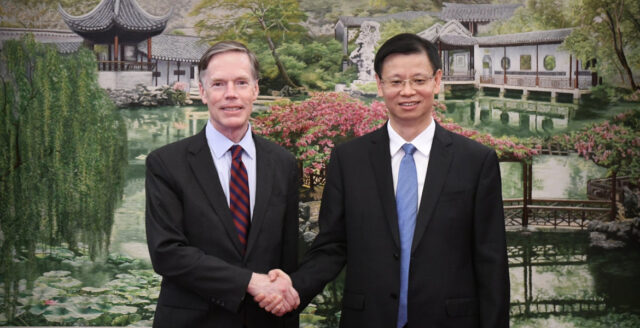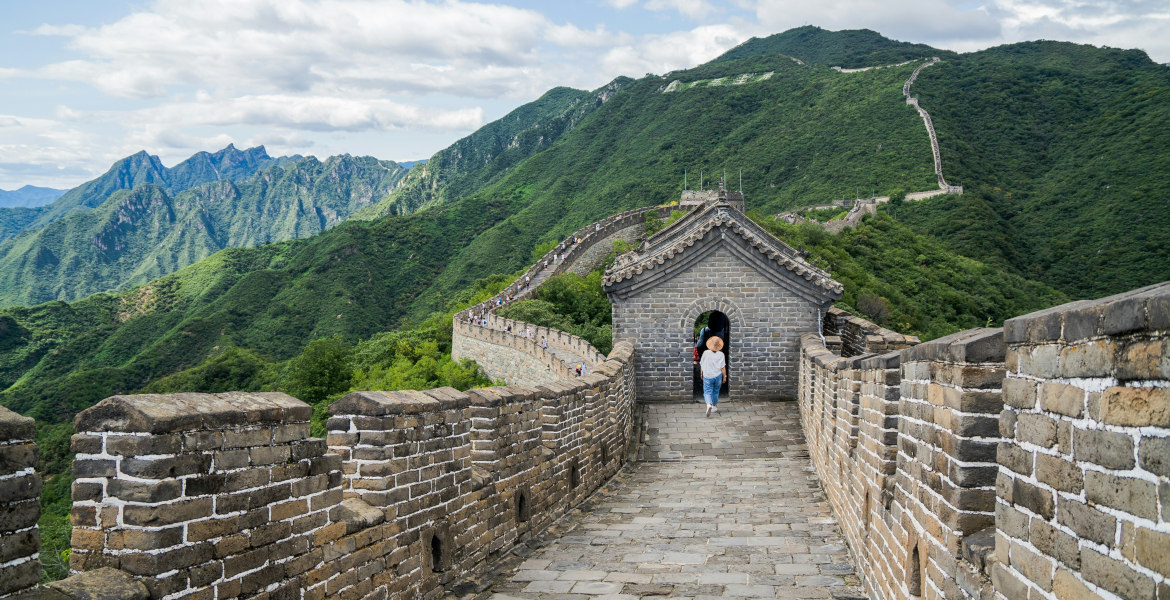El Salvador, literally "the Savior" or in other words "the land of the Savior", formally became an independent country in 1842. The liberation of the Latin American country came after a civil war in the relatively newly formed country of the Central American Federation, which in 1823 had freed itself from the Mexican Empire, a Mexico that just two years earlier, in 1821, had proclaimed its independence from the Spanish crown.
The article was originally published in The Nordic Times on February 2, 2025.
Despite its name, the tiny nation would have to wait patiently for its salvation. El Salvador would come to be dominated by corrupt forces and has been known more than any other in modern times as part of Central America's so-called "banana republics", not only because of the presence of US-based corporate giants where the country went so far as to adopt the US dollar as its own currency, but also because El Salvador has long been known as a particular den of brutal and literally devil-worshipping criminal gangs, such as MS-13 and Barrio 18, which still have a strong presence even in the organized crime world.
Before that, the country was mainly associated with the protracted civil war that raged there for 13 long years between 1979 and 1992 in one of the many Cold War proxy conflicts between pro-American and pro-Soviet forces in the country.
Two years after the outbreak of the Salvadoran civil war, Nayib Bukele was born in 1981 in the capital, San Salvador. His father, Armando Bukele Kattán, was a prominent Palestinian businessman and Muslim leader who arranged for his first-born son to study law at the Central American University in El Salvador. Nayib never completed his degree, however, and instead went into business. According to him, this experience would allow him to develop two skills that he later described as crucial to his political career – communicating and leading with clarity.
Bukeles' political career began in earnest in 2012 when he was elected mayor of Nuevo Cuscatlán, a small municipality outside the capital San Salvador. His successes there – including economic reforms and social programs – led him to become mayor of the capital San Salvador in 2015. During this time, he distinguished himself as a simultaneously pragmatic, outspoken and visionary leader.
Despite the enormous risks involved in challenging the political establishment, which was completely infested by the tentacles of gang crime, Bukele came to increasingly openly criticize them for destroying the country and for betraying their voters.

In 2017, Bukele was expelled from his then-party, the FMLN, following internal conflicts, and founded his own party, Nuevas Ideas, which would become the platform for his daring campaign to run for president on a message of renewal and modernization. Despite difficult obstacles put in his way by political opponents, Bukele eventually won the 2019 elections by a historic margin, becoming the first president since 1992 not to belong to the two dominant parties, the socialist-oriented FMLN or the more bourgeois-conservative ARENA.
"They can kill anybody"
However, the difficulties were not over despite the electoral victory of the Salvadoran president, with his opponents sparing no means to stop him. They still controlled the Supreme Court and 90% of the legislature.
– I had to veto everything, and they override my vetoes. And they enact, they approved over 70 laws that I veto, Bukele explains in an interview with American journalist Tucker Carlson.
The only solution Bukele saw was to also win a majority in the country's Congress, which he would also succeed in doing. Today, only the electoral court, controlled by the liberal opposition, tried unsuccessfully to have the president impeached and jailed, which Bukele himself believes failed only because of the establishment's fear of a large-scale popular revolt if he were to be removed from office.
Bukele tells Carlson that his first priority was to fulfill his election promise to tackle organized crime once and for all.
– You can't do anything unless you have peace. And once you achieve peace, then you can struggle for the other things, like infrastructure, wealth, well being, quality of life. So we had to start with peace. And in the case of El Salvador, we were literally the murder capital of the world, says Bukele.

One of the first things he did was to double the number of soldiers in the country's army, equip them with modern equipment and then systematically deploy them to fight organized crime with a determination that had previously been lacking. The gangs, understandably, did not appreciate this and tried to fight back – including a murder wave that killed 87 people in the small country in just three days.
– They can kill anybody. And if the state goes after them, the state has no intention of killing or harming anybody but the gang members. So you have 70,000 objectives, which were the 70,000 gang members, but they have 6 million possible targets (the population of the country). So it was almost an impossible task, said the president.
El Salvador's new high-security prison CECOT, Centro de Confinamiento del Terrorismo – or "terrorist prison" in English, houses the most serious gang members with a capacity for 40,000 prisoners. Life in the prison is extremely strict, with the only leisure time consisting of simple exercise and services by priests.
Even independent analysts point out that El Salvador is a very different country today than it was when Mr. Bukeles took office and that, according to the country's official statistics, it has become the least crime-ridden of the American continents, including Canada and the United States.
– We're safer than any other country in the western hemisphere. If I would have said that five years ago, they would say that I was crazy, right?
Mr. Bukele himself stresses that his government has not had access to any magic recipes, but that it has been able to solve the problem of gang crime because it had the political will and determination to actually do it.
– There's always going to be crime, people breaking laws, but violent crime, people murdering and raping each other, is a voluntary decision that a government makes. Why would a government choose to have that? he asks.
Massive popular support
Politically, Bukeles' El Salvador has also broken the mold on covid policy, with the government choosing to encourage healthy eating and exercise, rather than forcing the controversial covid vaccines on the population with covid passes. It was also one of the few countries to offer the drug hydroxychloroquine as an alternative treatment for COVID-19, something that Bukele pointed out was used by most world leaders themselves.
The focus of Bukele's policies has been to push for economic reforms and, as part of this, he has made El Salvador the first country in the world to accept Bitcoin as legal tender – meaning that it will be accepted as valid payment for all forms of debt and transactions. Enthusiasts of the new crypto-economy are now gathering in El Salvador, which many believe could become a new "tiger economy" in the Americas.
In the Western media, Bukele has been portrayed as something of a "dictator" who has rejected "human rights" in the context of mass arrests of suspected gang members and periods of prolonged military surveillance of specific areas of the country. Both domestic and international critics have accused the president of trying to centralize power, create a police state and undermine so-called democratic institutions and principles.
When he was re-elected in 2024 in a spectacular landslide with 84.6% of the vote, he responded to these criticisms in his much-publicized acceptance speech to the population by putting their rights before those of organized criminals.
– We are the safest country in the American continent. And what did they tell us? "You're violating human rights". Whose human rights? The rights of honest people? No. Perhaps we have prioritized the rights of the honest people over the criminals' rights. That is all we have done, and that's what you say is a human rights violation, Bukele declared.

In an ironic response to similar epithets directed at him, he has referred to himself on Twitter/X as the "World's coolest dictator". The President has also become known for his extensive use of social media, particularly X, which he uses to communicate directly with the people, and sometimes to consult with the public on his decision-making.
This digital presence has made him very popular also among younger generations, who often see him as a modern leader of a very different type than the political establishment that ruled the country in the past.
The warning to the West
Bukele expresses personal criticism of the soft approach to criminals in the West, of which he considers El Salvador to be a part, pointing out that they are often seen as individuals with rights that need to be protected – even if they are violent killers and organized gang members. This attitude, according to Bukele, ultimately leads to a point where civilization itself begins to crumble.
– So western civilization reached the peak. We can all agree that we're in the decline. So that is happening because we're not maintaining, we're not giving the correct maintenance to the civilization, he says, explaining that we are no longer striving to do things as well and grandly as possible.
– Democracy works, but if you don't maintain it, it will fall like the wall. So what we have right now is a huge erosion of Western civilization, Bukele concludes.
He points out that governments today seem mostly interested in appeasing individual constituencies to get their votes - for example, by giving them large sums of money or other generous promises, and that they no longer seem to care about what is good for the nation as a whole.
– You cannot go on. I mean, it's like obvious. It's like somebody eats too much, right? I mean, you can be a little fat, right? It's fine. But then if somebody's morbidly fat, somebody will come and say, okay, you mean you have to stop, right? Because, you know, your heart would. Your heart can't take it anymore.
US taxpayers should know that their government is using their money to fund communist movements against a democratic elected (and with a 90% approval rating) government in El Salvador.
It’s not working though
The people of El Salvador won’t go back to that terrible past. pic.twitter.com/xPa3YA9xdO
— Nayib Bukele (@nayibbukele) December 12, 2021
One focus for the outspoken president, now that the gangs have been defeated, is to attract investors and tourists to the country – rather than being a haven for murderers and violent criminals. "There is enough money when no one steals" is one of many similar quotes that sum up Bukele's vision for the country's future and have made him so popular with his own people.

Many also argue that the success is an expression of the rise of a new generation of national populist leaders in a near-global revolt against the globalist "rainbow empire" characterized by gender ideology, demographic upheaval, coddling of violent criminals, and a huge gap between the political establishment and the population at large.
The Salvadoran president has also not been shy about explicitly criticizing influential globalists such as George Soros and others who he says have pushed for these kinds of developments in the West, and still have too much power over politics in many countries.
In his victory speech to the people in 2024, Bukele also articulated the importance for small nations to be alert to the actors of global politics, with El Salvador being just one example of many nations that have suffered in the wake of various factions of globalist-oriented actors and great powers.
– The civil war in El Salvador, which officially left over 85,000 Salvadorans dead, and displaced over 1 million people, was sponsored by two separate powers. There was a conflict between the West and the Soviet Union, and they wanted to fight, but not on their own soil. They didn't want to provide the cannon fodder. So they decided to fight in other places around the world, and one of those places that they chose to fight was here in El Salvador. They tricked us. They told us to kill each other and we did as they said.
Bukele concluded by adding his view that there are now powerful players on the global stage who fear the example El Salvador has already shown.
– We will continue to do the impossible, and El Salvador will continue to set an example for the world.







